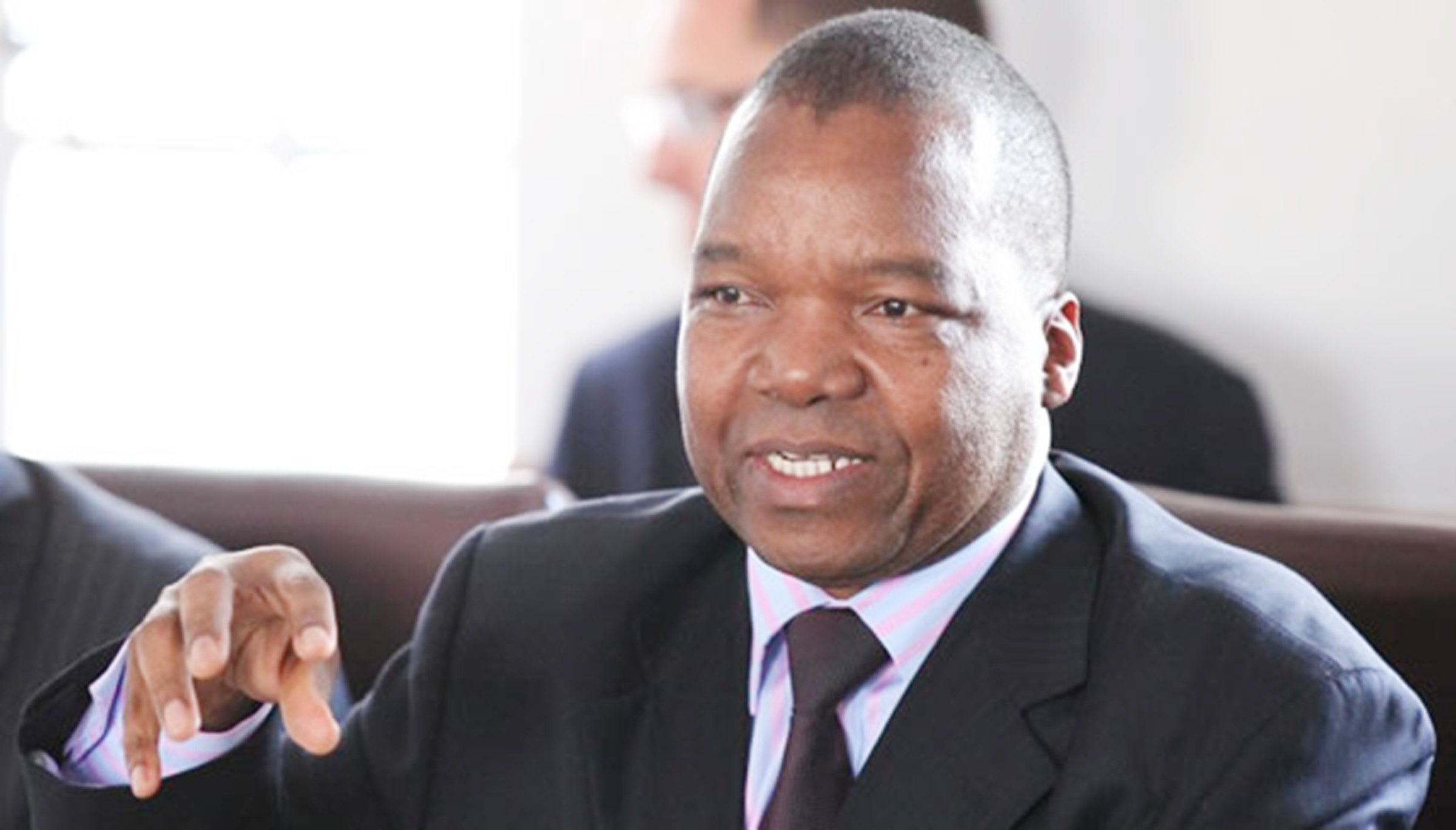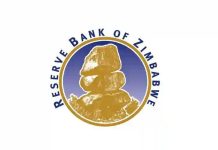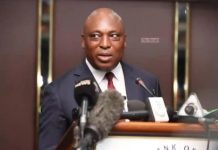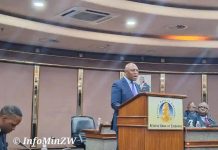— following the widely supported military coup of November 2017 — Cross began to mellow in his criticism of Zanu PF and its new leader, Emmerson Mnangagwa.
His change of tact and seemingly receptive mood to Mnangagwa and Zanu PF became quite evident after the historic July 30, 2018 elections as a new Cabinet was being assembled.
Of course Cross was overlooked for a Cabinet post as well as being denied the chance to become a spokesperson for Finance minister Mthuli Ncube.
However, it has become an open secret that Cross appears to speak on behalf of Ncube, who recently appointed him into the Monetary Policy Committee at the Reserve Bank of Zimbabwe (RBZ) although not in an official capacity.
When one goes through Cross’ articles, there is one thing that permeates them all — a monolithic narrative that suggests Ncube has best laid plans to resuscitate the dying economy but is being frustrated by RBZ governor John Mangudya.
Cross constantly seeks to paint the RBZ in general and Mangudya in particular, as some centre of ineptitude that stands as the biggest stumbling block to Ncube’s efforts in imposing his economic turnaround policies.
Resultantly, it comes as no surprise that almost all of Cross’ contributions to the ongoing macro-economic discourse in Zimbabwe start, include or conclude with his now predictable, though largely baseless “Mangudya must go” mantra.
While Mangudya is certainly not a saint and has his weaknesses just like all of us, I find Cross’ attempt to paint him as the author of the macro-economic problems affecting Zimbabwe to be dangerous and dishonest.
In the same breath, the former MDC official’s attempt to hoodwink Zimbabweans into a simplistic view that Ncube’s uncalculated and largely textbook austerity measures that are reminiscent of the failed Economic Structural Adjustment Programme are an act of genius is pathetic.
Cross has attempted to blame Mangudya for the imbalances resulting from the government’s model of financing the Command Agriculture scheme.
It is public knowledge and Cross knows it too well that Command Agriculture is not and has never been a central bank programme but a government initiative whose merits and demerits have been a subject of debate since its inception.
It is the brainchild of the government.
It’s not the responsibility of the governor of the RBZ to stop the Command Agriculture scheme, nor to publicly share his views on the programme.
Besides, Ncube sits in Cabinet where government programmes are deliberated upon and has the privilege to raise his concerns regarding the funding or otherwise of Command Agriculture without having to be associated with what Cross spews out in his now predictable pieces.
If Cross wanted to be fair, we would expect him to use the same language he uses on Mangudya, on Ncube whose own ministry’s books are a total shambles, according to the Parliament’s Public Accounts Committee (PAC), which has raised concerns over the way the ministry of Finance is incurring debt.
One expects Cross to also publicly expose Ncube on his disregard for the law such as the manner in which he introduced the two percent transaction tax.
The High Court ruled that Ncube had illegally introduced the tax as it was not backed by an Act of Parliament. He only rectified this after he was taken to court.
It is also undeniable that under the Transitional Stabilisation Programme — whose basic ideals mirror that of economic structural adjustment programmes — the economy has worsened, with rising inflation levels, worsening poverty and a general reduction in gains made in the previous decade in social sectors such as education and health.
All these issues seem to miss the attention of Cross.






